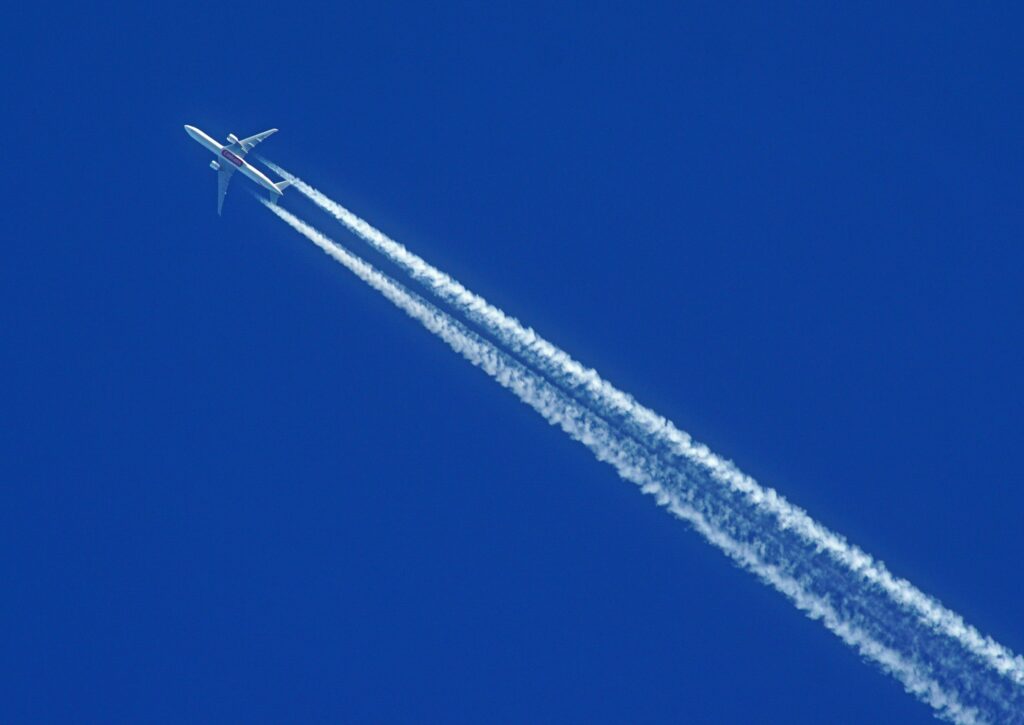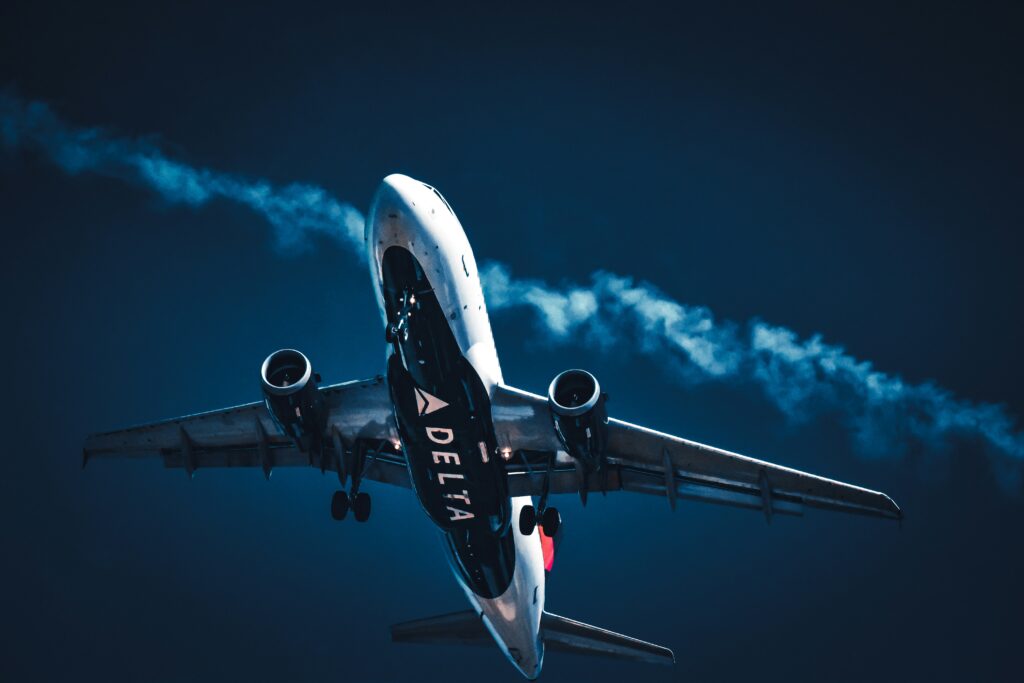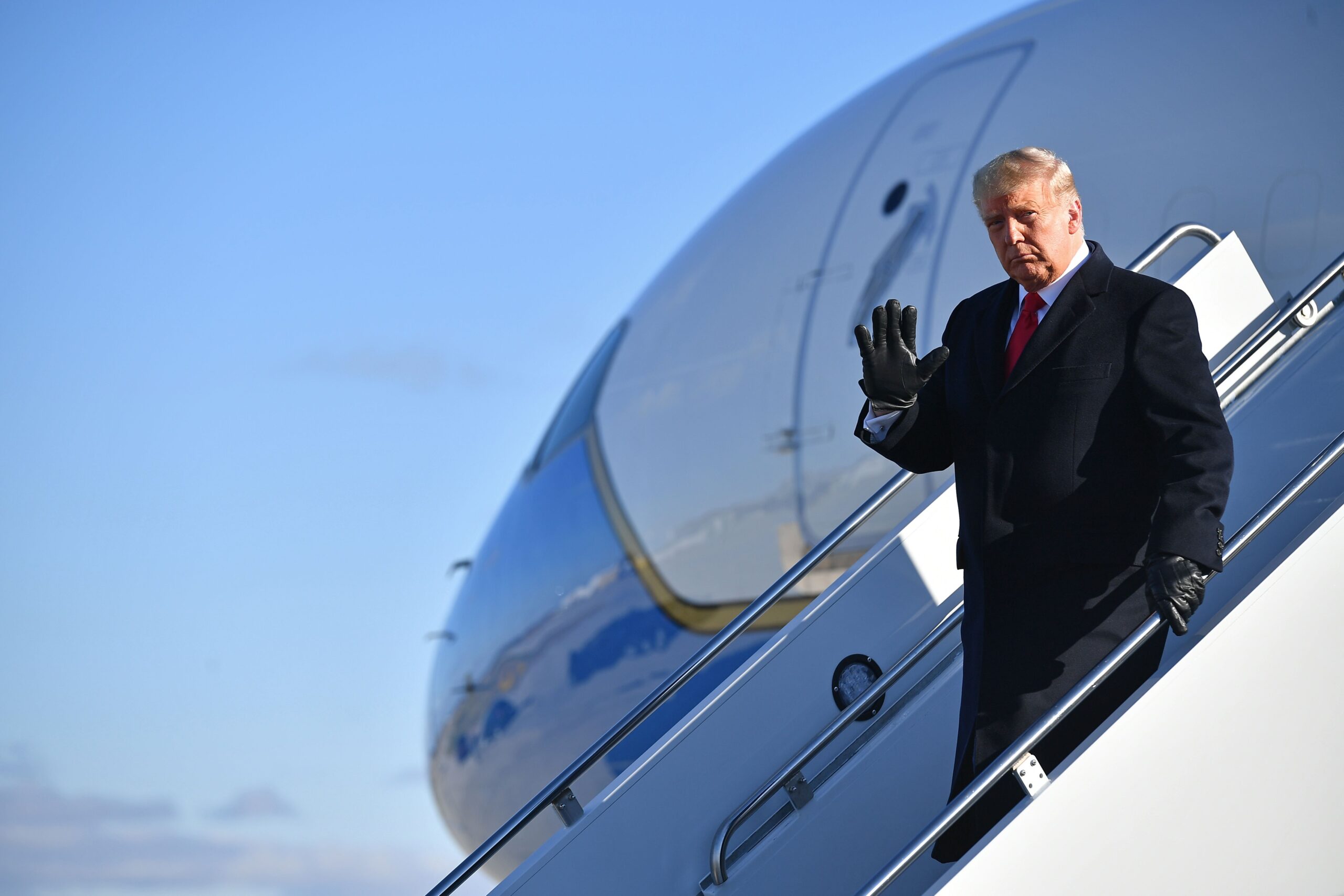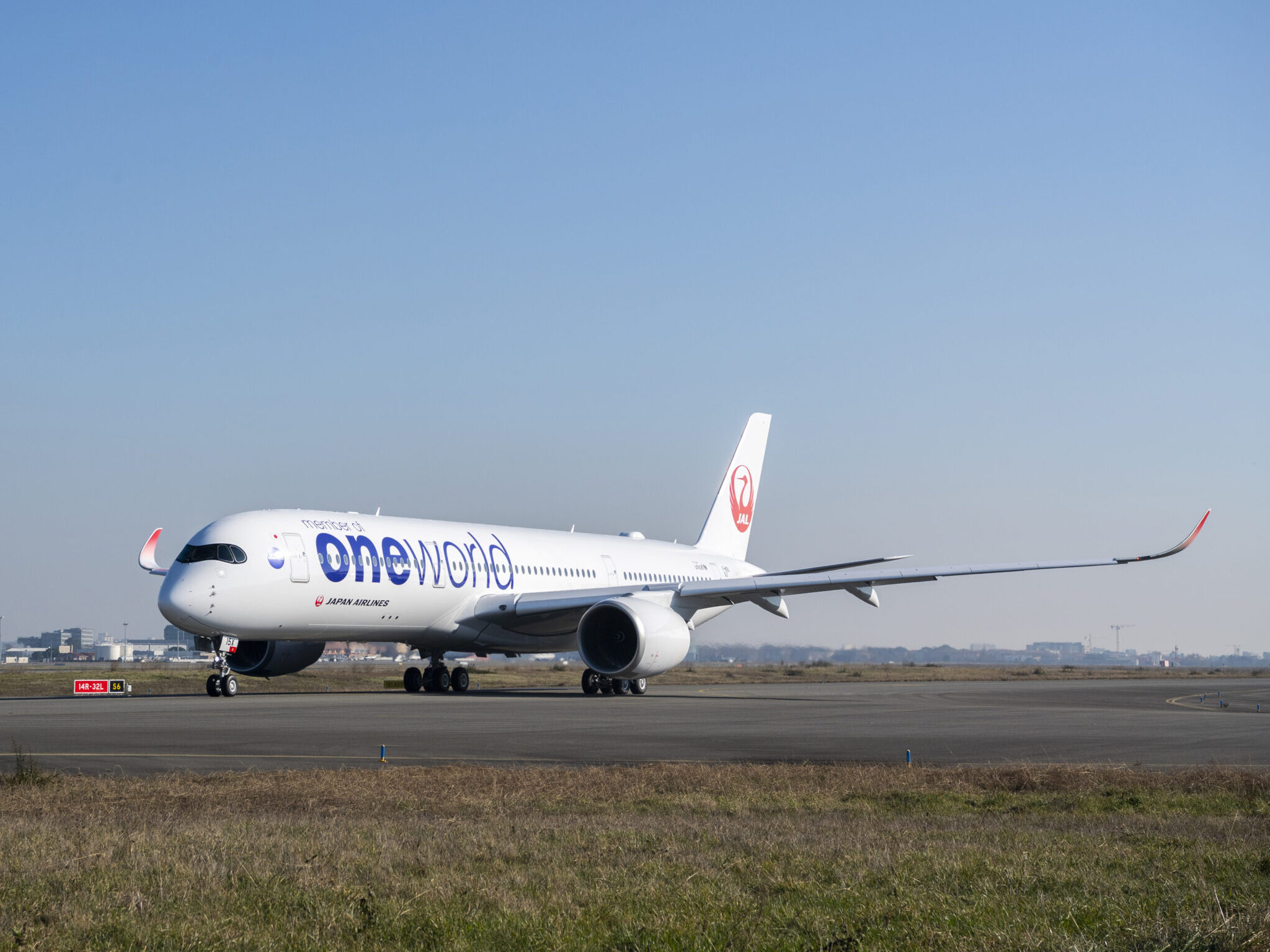European Union to Force Airlines to Report Vapor Trails
The legislation, which U.S. airlines have actively lobbied against, will apply to international airlines from 2027
by Fergus Cole
September 4, 2024

Photo: Courtesy of WonHo Sung / Unsplash
Airlines operating flights out of Europe will soon have to monitor and report the environmental impact of their vapor trails to the European Commission, thanks to a new European Union (EU) ruling agreed on August 30.
The controversial new rules, designed to provide a better understanding of non-CO2 emissions from commercial aircraft and their impact on the environment and climate, have been vehemently opposed by the airline industry, which has lobbied hard against their implementation.
Details of the New Legislation
Under the new legislation, all airlines operating out of European airports will have to report to the European Commission regarding the impact that the vapor trails stemming from their planes—also known as contrails—are likely to have on the climate. The airlines will also need to report the amount of carbon dioxide (CO2) they emit each year.

Photo: Courtesy of Martti Salmi / Unsplash
One of the main objections airlines have against the ruling is the lack of research and evidence showing the harmful effects of aircraft contrails. However, while the European Commission admitted to “inherent uncertainties” regarding the climate impact of non-CO2 emissions in the aviation industry, it said requiring airlines to report their emissions would help to better understand their impact and that uncertainty of the effects is not a good enough reason to avoid action on the matter.
Environmental Impact of Contrails
While there is a relative lack of research data available about the harmful environmental impact of vapor trails, some experts estimate that they contribute at least as much to global warming as the airline industry’s total CO2 emissions, which make up around two percent of the entire world’s emissions of the greenhouse gas.

Photo: Delta, Airbus A319. Courtesy of Simon Ray / Unsplash
Contrails don’t contain CO2, but they include a mix of nitrogen oxide, black carbon, and other harmful substances, which combine to create increased cloud cover, which traps heat and contributes to warming.
Criticism and Future Requirements
The EU’s new reporting requirements may appear to be a win for climate activists, but they have already drawn criticism from environmental groups. Initially, the rules will only apply to airlines flying within the EU, Iceland, Norway, and Switzerland, meaning those flying further afield, including U.S. airlines, will be exempt.
“Long-haul airlines receive preferential treatment once again from the EU,” said Krisztina Hencz, aviation policy manager at Brussels lobby group Transport & Environment. “They have worked hard to undermine action and research on non-CO2, and they are being rewarded for their efforts. At the end of the day, this proposal was there to help better understand the problem of non-CO2, and this effort has been hampered.”

Photo: Alaska Airlines, Boeing 737-800. Courtesy of Cody Fitzgerald / Unsplash
However, it has been reported that all flights in and out of the EU will be required to report their emissions from 2027.
U.S. airlines, represented by Airlines for America, met with representatives of the European Commission in May to lobby against the proposed legislation, saying it would ‘consider all available options’ to prevent the rules from applying to U.S. carriers from 2027.
Airlines for America appeared to be backed by the International Air Transport Association (IATA), but the airline industry hasn’t received unanimous support. European low-cost airlines, including easyJet, Ryanair, and Wizz Air, have called on the EU to resist lobbying attempts and apply the rules to all airlines, whether short-haul or long-haul.




